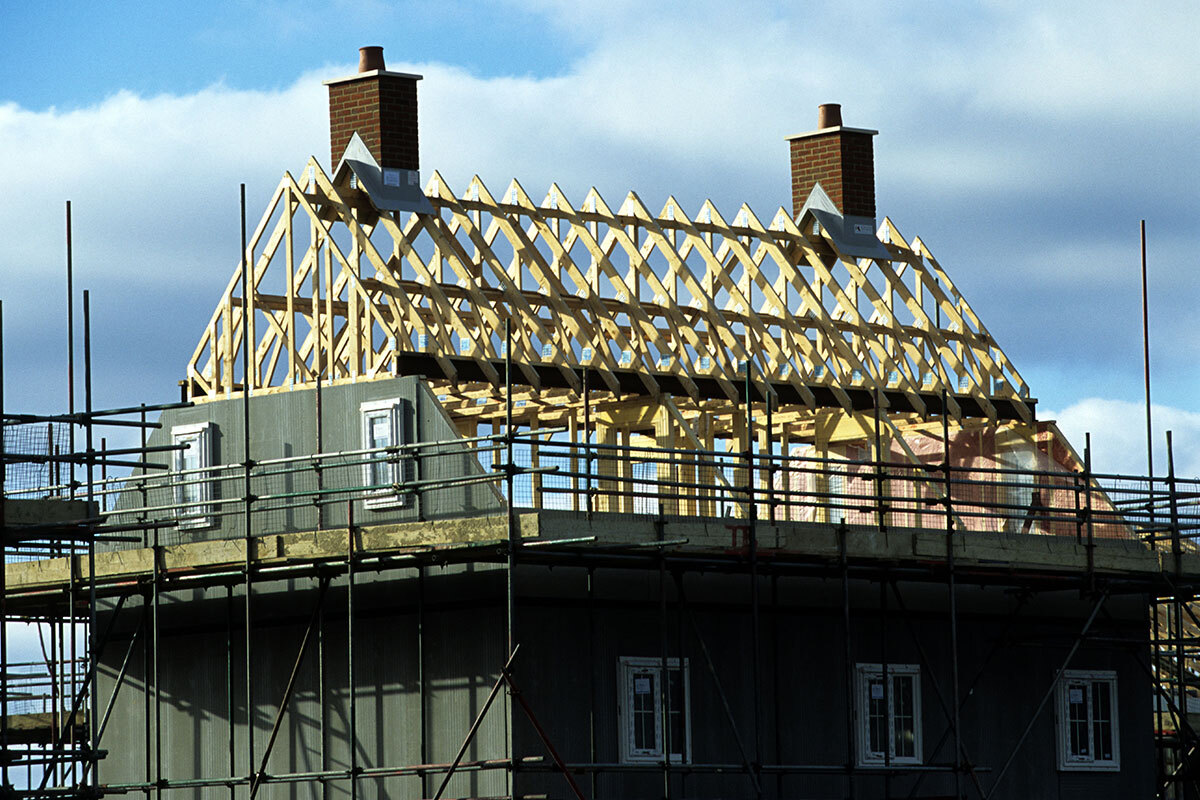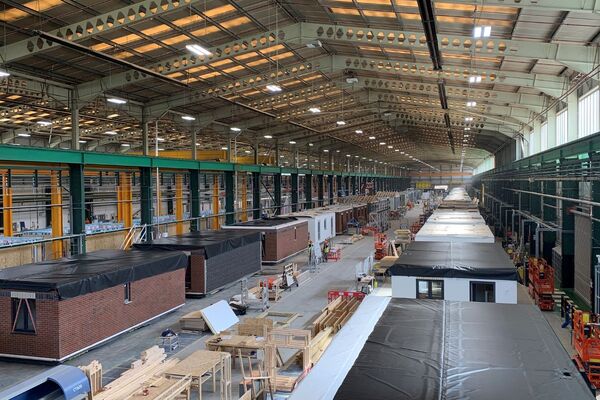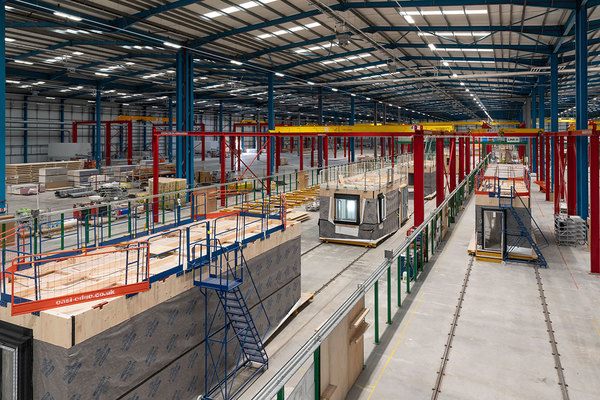You are viewing 1 of your 1 free articles
Cost of Category 1 MMC homes not ‘workable’, says large landlord
One of the UK’s largest housing association developers said it is not commissioning Category 1 modular homes, as the costs are not “workable” and could be up to 50% more than traditional projects.

Giving evidence to the House of Lords Built Environment Committee inquiry into modern methods of construction (MMC) on Tuesday, Katie Gilmartin revealed Platform did not have any Category 1 volumetric homes in its current development programme.
Ms Gilmartin, head of business development and innovation at the 48,000-home group, said the reason was that the landlord had not “found an opportunity that’s viable”.
Platform was among the 20 biggest developers of homes in the housing association sector last year and is targeting 1,600 starts a year.
Ms Gilmartin told Peers: “We do find that the costs of volumetric, for us in the way that we appraise and look at the viability of an opportunity – it’s not workable.”
In written evidence to the inquiry, Platform claimed the price of MMC projects – in this case, Category 1 and Category 2 – can be between 30% and 50% more than traditional schemes.
Responding to a question today that referenced these figures, Ms Gilmartin said: “That’s definitely volumetric. We’re seeing really significant cost uplifts on volumetric opportunities.”
The inquiry is running against a backdrop of high-profile failures of Category 1 MMC providers this year. Ilke Homes collapsed into administration in June, while Legal & General pulled the plug on production of new homes at its giant modular factory a few weeks earlier.
The firms struggled with large start-up costs associated with operating a factory, along with tough market conditions, planning issues and a lack of significant demand.
Ms Gilmartin suggested that Category 1 providers were passing their start-up costs on to clients who were the early adopters. She said it was a “matter of who is willing to pay the increased costs” to help the sector reach a critical mass.
Category 1 MMC refers to a process where manufacturers fully produce a 3D home in a factory, ready to be transported to a site.
Despite her comments about Category 1, Ms Gilmartin said Platform saw MMC as an opportunity to deliver more energy-efficient and higher-performing homes which would ultimately lead to lower bills and better homes for residents.
The housing association is focusing on Category 2, where flat panels, such as roofs and walls, are produced in a factory and assembled on site.
“Category 2 is easier to deliver via pre-existing partnerships or under contracts we’ve had… already,” she added.
However, she said that while Category 2 was cheaper than Category 1, it was still “noticeably more expensive than traditional”.
Later, the inquiry heard evidence from Daiwa House Modular Europe. The firm, which was Dutch-owned modular house builder Jan Snel before being acquired by Japan’s Daiwa House, operates in Wales from an office in Swansea.
Nicky Jones, the firm’s business development manager, said: “You’ve got to look at the whole picture. If you look at modular being more expensive in the beginning, but if you look at the time you save on site, you need to take that into consideration as well.”
At an earlier evidence session, the chair of TopHat, the Goldman Sachs-backed modular firm, argued there was “zero chance” of the government’s 300,000-homes-a-year target being met without modular housing.
Sign up for our development and finance newsletter
Already have an account? Click here to manage your newsletters











